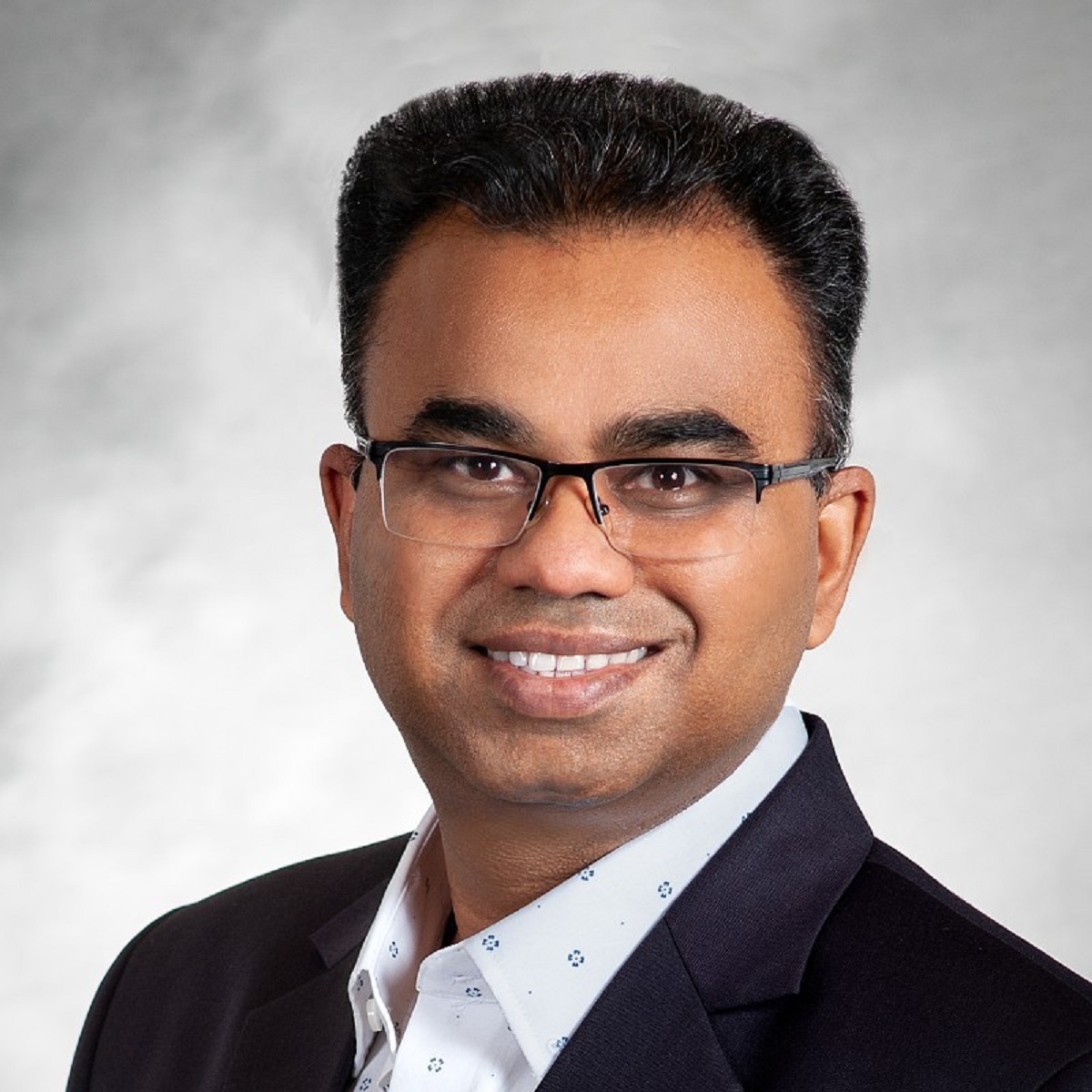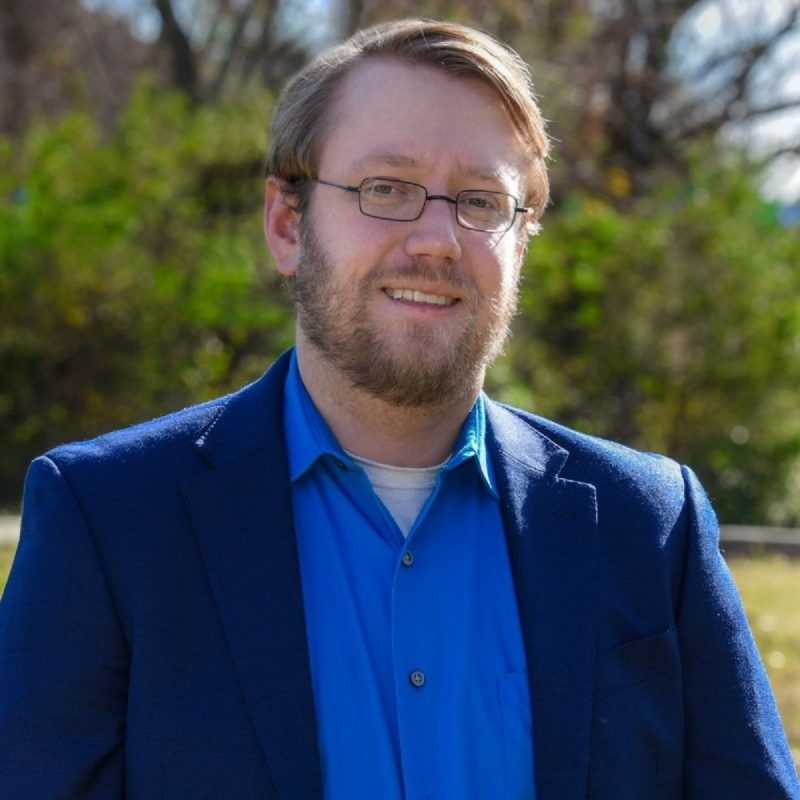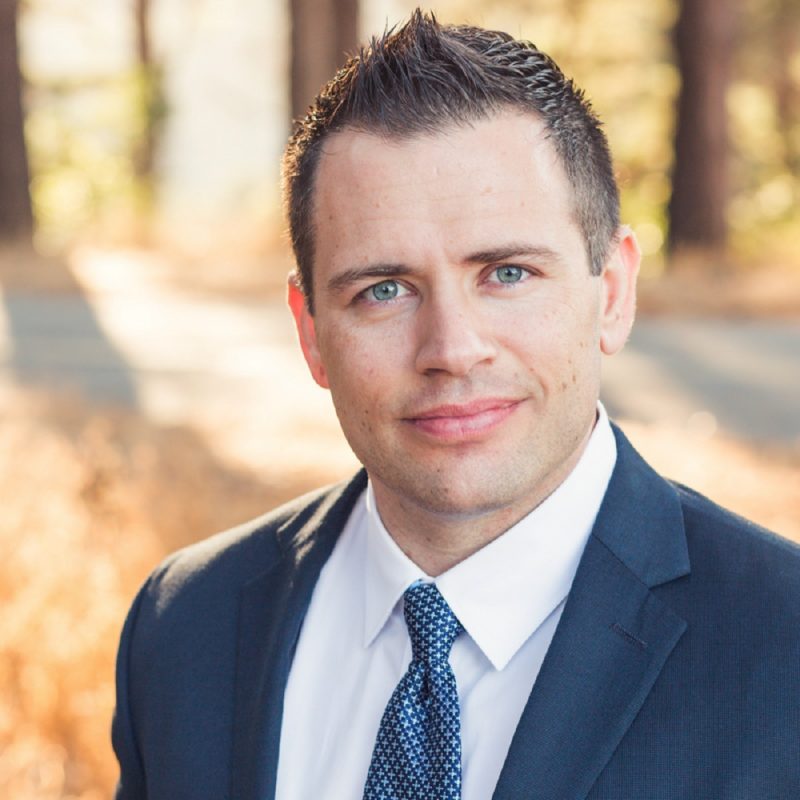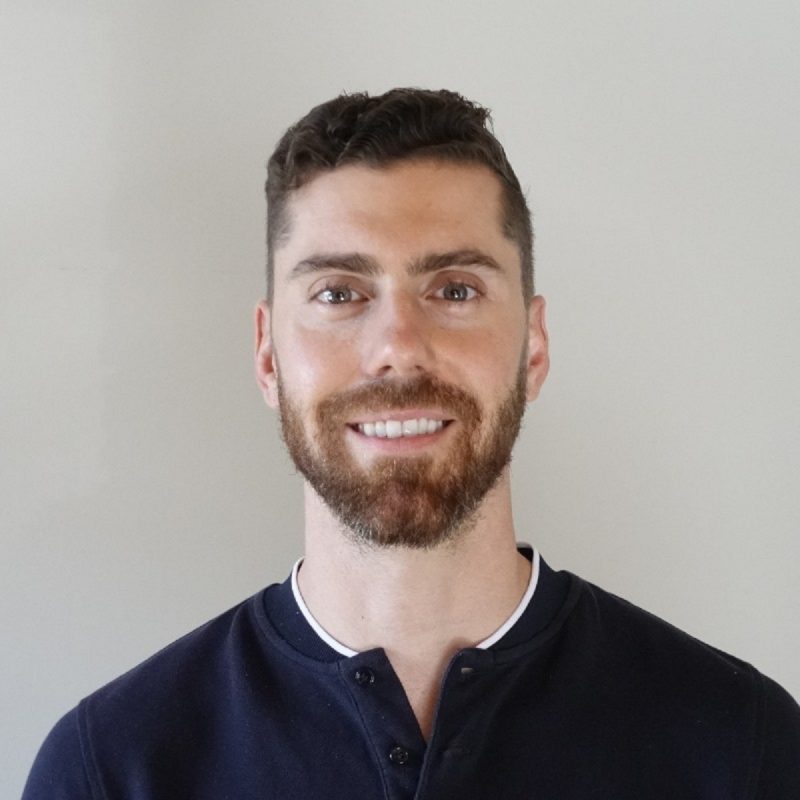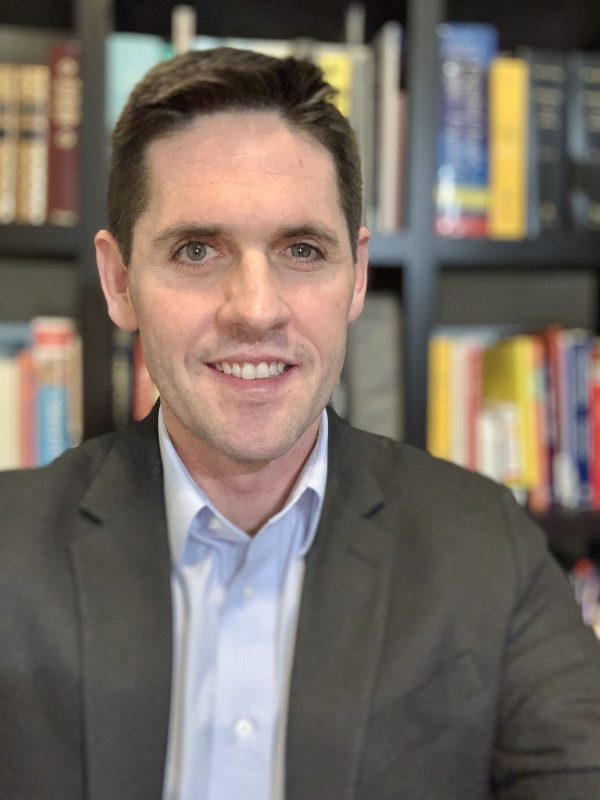Decentralized Autonomous Organizations (DAOs) have been described as the future of corporate organizations and more.
The idea that the owners of an organization can decide directly on everything that occurs within it as a business entity is hardly novel. What’s new are the technologies that enable this governance.
Legal and regulatory frameworks have failed to fully define what DAOs are, and what they can do.
So much so that decentralized experts touted DAOs as the solution to all problems.
We decided to reach out to our experts to find out more.
Their findings are rather very interesting.
Nick Gausling Managing Director of Romy Group LLC.
1. “Some years back, the big trend in management theory was Holacracy, but it never really took off because nobody understood what it meant or how to use it in practice. DAO’s represent a second, better chance at decentralizing traditional management due to the integrity of the blockchain. The challenge is in demonstrating clearly how a DAO can work for large scale commercial activity.”
2. “Management by committee poses the very real danger of creating bureaucracies that can’t get anything done, and any organization that implements a DAO needs to be mindful of that. DAO’s work best at the shareholder/governance level, like approving major strategies, mergers, or executive personnel decisions. Executives are still a necessity even in a DAO framework because someone has to be accountable to the organization for delivering specific results.”
Related:DAO Creation: A Basic How To
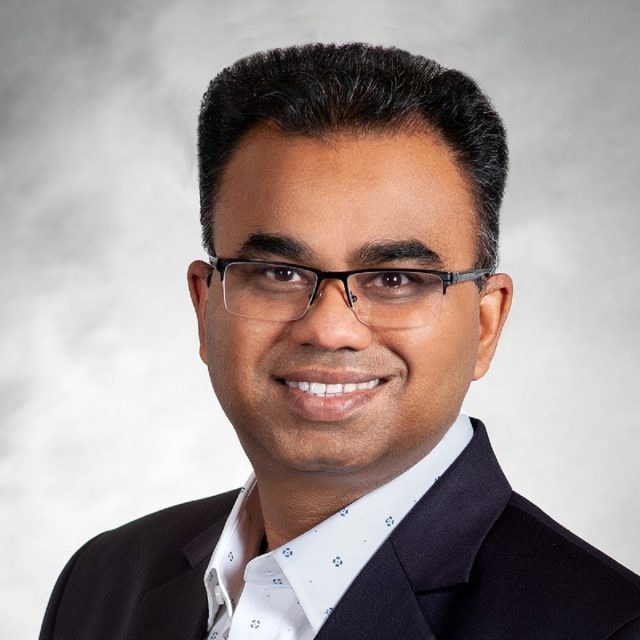
Sharad Varshney, CEO of OvalEdge
“Many think Decentralized Autonomous Organization (DAOs) will lead to chaos because, by definition, there is no central governing body, relying on each member within a DAO to work within the best interest of reaching a common goal. DAOs really emerged among cryptocurrency enthusiasts and are largely used to make decisions in a bottoms-up, ideally equitable management approach. But decentralization doesn’t mean disarray, and this generally works for things like fund-raising or charities where you’ll have a collective group of individuals with an even-leveled interest.
Even though DAOs reject the constraints of centralized control, they still need to adopt governance policies, including data governance. As DAO organizations operate entirely online, governing data effectively is critical for security, access, collaboration, and more. DAOs are built on and work using digital information. Ensuring that this data is well-managed using a dedicated tool should be at the top of the list when deciding on governance protocols.”
Anthony Martin, Founder and CEO of Choice Mutual
Funding Decentralized ProjectsSecuring decentralized projects through crowdfunding means DAOs play a central role in further industry development. DAOs can help inform and advise members on potential investment projects while helping them contribute funds as they choose.Project teams can quickly request funds as necessary without any of the marketing restrictions that come with crowdfunding platforms. DAOs provide the link to investors while allowing them the freedom to choose investments autonomously and get a stake in the decision-making processes. Imagine a world of pooled investment assets that keeps the power to pull back, shift assets, or invest more deeply right in the hands of investors rather than big corporations.
Brendon Sedo, Initial Contributor to Core DAO
“Our team has worked in and around crypto for over a decade. We’ve seen the ups and downs, cycling trends and mistakes made by others. From the start, community ownership and inclusion was a major goal of Core DAO.
Other projects had insiders own most of the network before the community even had a chance to access it, before the token was available to the public, which is simply unfair. To build up our community leading up to mainnet we partnered with the Satoshi App to build a loyal community of users, who ultimately gained access to our community airdrop.Ultimately, the airdrop was a great first step in distributing ownership and Satoshi Plus, Core’s novel consensus mechanism, ensures there are avenues for everyone to participate fairly moving forward.The Core blockchain’s design, token distribution, and governance model are all aimed at empowering a decentralized user base. As a result, the blockchain has amassed an incredibly enthusiastic community that predates Core’s mainnet. Recognizing Core’s commitment to decentralization and user empowerment, the users understand that Core is truly built for them.Transparency is another key for our community. Too many projects keep the curtain closed on their progress and development. We’ve made it a priority to distribute information across a variety of platforms– including Twitter, Discord and Medium– to keep the community well informed and up to date on everything related to Core DAO.”
Andrew Latham, Certified Financial Planner, Managing Editor at Supermoney.com
There are many exciting applications for DAOs. Some of the best use cases are in decentralized finance, digital art and NFT collections, content creation and curation, charities, decentralized insurance, supply chain management, and collaborative research and development projects. Here are some examples of existing DAOs in those sectors.
Decentralized Finance (DeFi) DAOs can play a significant role in DeFi platforms by streamlining decision-making and governance. For instance, MakerDAO, a decentralized lending platform, uses a DAO to manage its stablecoin, DAI, and ensure its stability.Art and Creative Projects DAOs can help artists and creators collaborate and fund projects without intermediaries. A prime example is the decentralized art collective, FlamingoDAO, which pools resources to acquire, manage, and curate a collection of valuable NFTs.Content Curation and Sharing DAOs can help create decentralized platforms for content curation and sharing. An example is Meme Factory, which uses a DAO to allow users to create, vote on, and trade unique, limited-edition meme tokens.Decentralized Autonomous Charities DAOs can be used to create transparent and efficient charities where donors have more control over how their contributions are used. Giveth, a decentralized charitable platform, leverages a DAO to manage funds and ensure that donations are directed to the intended projects.Supply Chain Management DAOs can help improve transparency and decision-making in supply chains. An example is dxDAO, which aims to create a decentralized marketplace for trading and managing digital assets.Decentralized Insurance DAOs can be used to create decentralized insurance platforms where users can collectively manage risks and payouts. Nexus Mutual, a decentralized insurance platform, uses a DAO to handle claims, assess risks, and make decisions about coverage.
Collaborative Research and Development DAOs can facilitate open and decentralized research, enabling scientists and researchers to collaborate on projects without bureaucratic limitations. Ocean Protocol, a decentralized data exchange platform, uses a DAO to incentivize data sharing and collaboration for research purposes.
